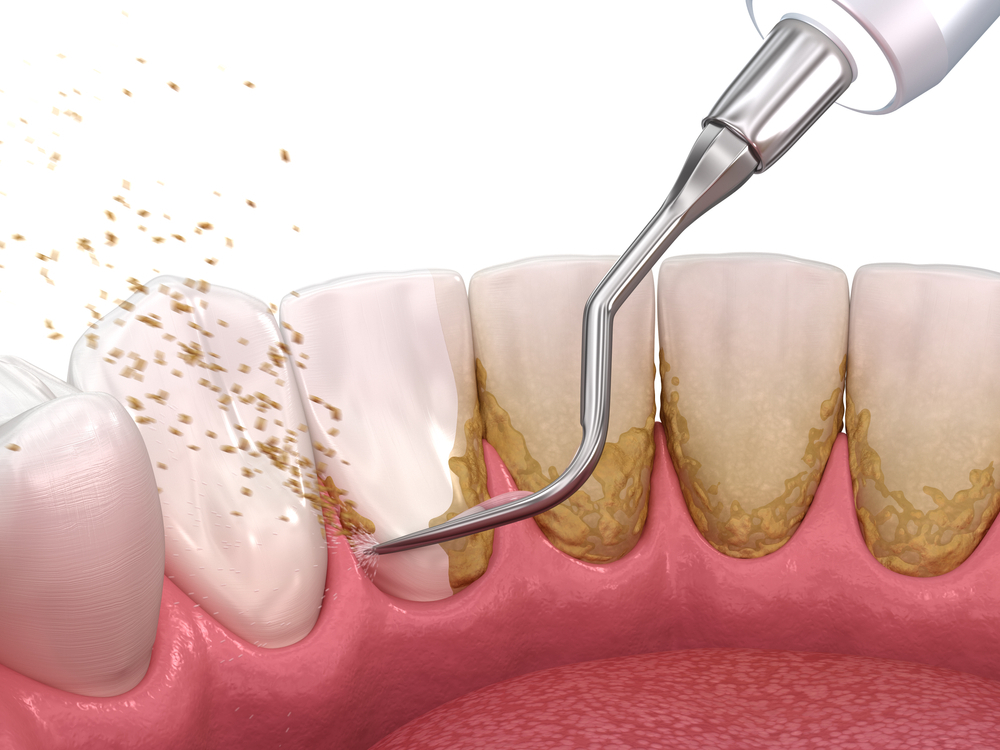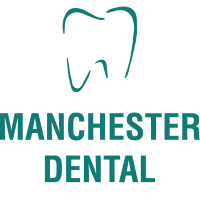
Your enamel-fortified teeth are resistant to significant damage. However, a possible hazard is hiding beneath the surface: plaque, which has the ability to develop into a more sneaky tartar if left uncontrolled.
Discover a weekend dentist near you for accessible oral health solutions. Manchester Dental stands ready to cater to your weekend dental needs, ensuring expert care and convenience.
In this exploration, we unravel the distinctions between these dental adversaries, delve into effective prevention strategies, and shed light on their implications for a robust oral health regimen.
Understanding Plaque: A Stealthy Presence
Dental plaque, a soft and sticky film, stealthily accumulates on your teeth, orchestrated by a combination of bacteria, saliva, and food particles.
The Trouble with Plaque
When you consume sugary delights, the harmful bacteria in plaque go to work, producing acids that target your tooth enamel.
According to the Office of Disease Prevention and Health Promotion, these acids can escalate into serious dental and overall health concerns. If left unabated, plaque solidifies into calculus or tartar, setting the stage for potential gum diseases.
When it comes to oral health, finding a dentist near you is key. Whether it’s routine check-ups or specialized care, our expert team is dedicated to ensuring your smiles receive the attention they deserve.
Easy Strategies for Plaque and Tartar Protection
Brush Twice a Day: Regular brushing is your first line of defence against plaque.
A thorough brush twice a day, using an antiplaque toothpaste with fluoride, serves as a proactive measure.
Floss Daily: Plaque often lodges between teeth, where your toothbrush may struggle to reach.
Daily flossing is a critical step to cleaning these hard-to-reach areas.
Watch Your Sugar Intake: Minimize the consumption of sugary foods and beverages.
If you indulge, follow it up with brushing or at least rinsing your mouth to mitigate the impact.
Regular dental check-ups: The ADA recommends biannual dental check-ups and cleanings. This routine ensures early detection and professional cleaning to thwart plaque’s progression.
When the weekend arrives and dental concerns arise, finding a weekend dentist near you becomes paramount.
Shielding Your Smile: Confronting Tartar’s Challenge
When plaque persists due to inadequate oral care, it transforms into tartar, also known as calculus, by binding with minerals in saliva.
Unlike plaque, tartar solidifies and adheres firmly to tooth surfaces, presenting a more formidable challenge.
How does tartar affect oral health?
Tartar doesn’t stop at coating tooth surfaces; it often finds a home below the gumline, leading to potential gum issues.
Understanding the hardened consequences of tartar emphasizes the need for proactive oral care to prevent its unyielding impact on dental health.
When you need a dentist nearby, count on Manchester Dental for comprehensive and personalized dental care.
Your smiles are our priority, and we’re here to make dental visits convenient, even on weekends.
Crucial Differences between Plaque and Tartar: A Closer Look
Buildup Process
Plaque steadily accumulates throughout the day, especially after consuming carbohydrates or sugary foods. This sticky film, when left unchecked, can evolve into tartar.
Consistent daily oral care, including brushing and flossing, is crucial in preventing plaque hardening into the more stubborn tartar.
Appearance
Plaque manifests as a soft, colourless film that may feel fuzzy on the teeth. In contrast, tartar feels rough and often exhibits a yellow or brownish tint.
Recognizing these visual and textural differences is key to understanding the progression from plaque to tartar.
Removal Process
Managing plaque is within the realm of daily oral care—regular brushing and flossing effectively control its buildup.
Tartar, however, demands professional intervention during a dental cleaning.
The hardened nature of tartar requires specialized tools that only a dental professional can provide, emphasizing the importance of regular dental check-ups to address tartar effectively.
Preventing Tartar: A Strategic Approach
- Optimal Oral Hygiene: Consistency in brushing and flossing is paramount to preventing plaque buildup, which is the precursor to tartar.
- Regular dental check-ups: Professional dental cleanings every six months are crucial for tartar removal, especially in areas challenging to reach with standard oral care tools.
- Address gingivitis early: Recognizing and treating early signs of gingivitis, such as tender and bleeding gums, is vital to preventing the progression to periodontitis.
- Incorporate dental sealants. Consult your dentist about the potential benefits of dental sealants, a thin protective coating applied to molars proven to ward off cavities.
As a dentist open on Saturday, Manchester Dental provides convenient weekend appointments, prioritizing your oral health even on the busiest days. Experience personalized and expert care tailored to your schedule.
Nurturing Your Smile, Protecting Your Health
Tartar, an imminent threat to gums and enamel, can be formed from the basic plaque in the complex movement of dental hygiene.
Not to worry; a daily regimen of brushing, flossing, and frequent check-ups builds an invisible barrier.
Contact Manchester Dental’s experienced staff with any unanswered questions.
Recall that prevention is a commitment, not merely a strategy. Trust Manchester Dental with your bright smile.

